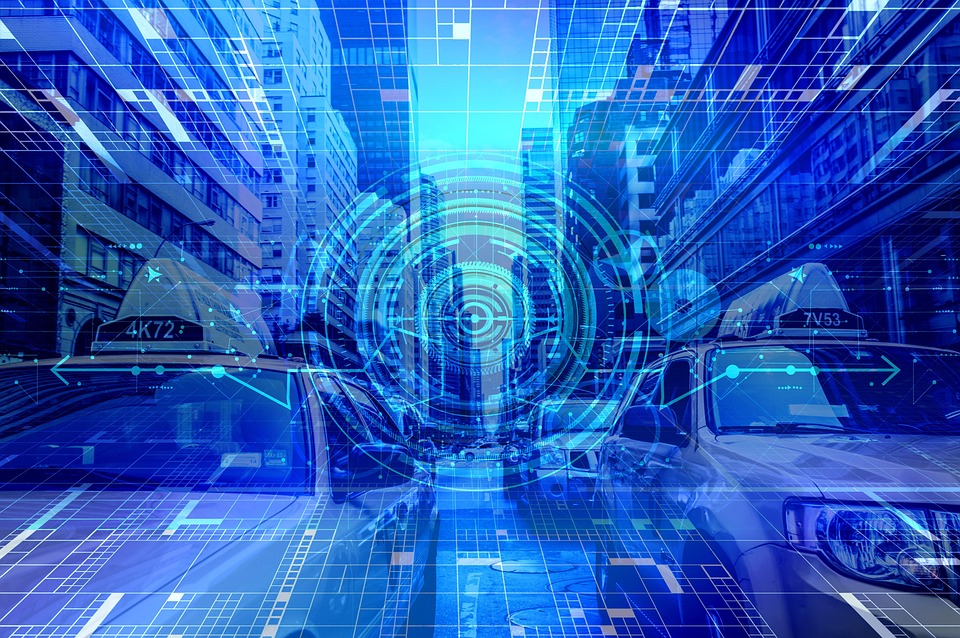As automation technologies rapidly advance, reshaping industries and redefining the nature of work, the ethical implications of these changes are garnering increasing attention. Automation, involving the use of machines and software to perform tasks previously done by humans, presents a host of ethical dilemmas that warrant careful consideration. This article explores some of the key ethical concerns surrounding automation, with an emphasis on employment, equity, accountability, and privacy.
1. Impact on Employment
Job Displacement
One of the most discussed ethical implications of automation is its potential to displace workers. As robots and algorithms take over routine tasks, many jobs are at risk of being eliminated. This displacement can lead to significant economic hardship for individuals and communities, particularly in industries that have traditionally employed lower-skilled workers.
Reskilling and Transition
Conversely, automation also creates opportunities for new job roles, particularly in technology and services. However, ensuring that displaced workers are adequately reskilled and supported in their transition is crucial. Ethical responsibility falls on governments and businesses to provide education and resources necessary for workers to adapt to the changing landscape.
2. Equity and Accessibility
Widening Inequality
The benefits of automation are not equally distributed. Companies and individuals with access to advanced technologies can greatly increase their productivity and wealth, while those without such access may find themselves further entrenched in poverty. This widening inequality raises ethical questions about whether the technology is contributing to the greater good or exacerbating existing disparities.
Inclusion in Technological Development
Ethical considerations also extend to who is included in the design and deployment of automation technologies. If marginalized communities are not represented in the development process, the solutions may inadvertently perpetuate bias and exclusion. Ensuring diverse voices are heard can help create more equitable benefits from automation.
3. Accountability and Liability
Who is Responsible?
As machines take on more complex decision-making roles, questions arise regarding accountability. When an automated system makes a mistake—be it a self-driving car in an accident or an AI making an erroneous hiring decision—who is liable? The burden of accountability can be murky, straddling the line between developers, manufacturers, and users. Establishing clear legal frameworks is necessary to navigate these challenges and ensure that accountability is maintained.
Ethical AI
The call for ethical AI has amplified in response to automation technologies. Stakeholders argue for transparent algorithms that can be audited for fairness and bias, ensuring that the tools driving automation do not perpetuate harm. Companies must take responsibility for designing ethical systems that align with societal values.
4. Privacy and Surveillance
Data Collection
Automation often relies on extensive data collection, raising ethical concerns around privacy. The automation of processes, particularly in sectors like finance, healthcare, and law enforcement, can lead to intrusive monitoring of individuals’ behaviors and choices. The balance between convenience and privacy must be navigated thoughtfully, ensuring that individuals are not unduly surveilled or exploited.
Informed Consent
Another critical ethical aspect is informed consent regarding data usage. Users must be made aware of how their data will be used in automated systems, and they should have the option to opt out without losing access to essential services. Regulatory frameworks must support transparency, ensuring individuals retain control over their personal information.
Conclusion
The ethical implications of automation are multifaceted, requiring a nuanced approach to navigate the challenges and opportunities it presents. Stakeholders—including businesses, governments, and civil society—must engage in open dialogues to foster ethical practices in development and deployment. Through proactive measures, we can steer automation towards serving the common good, promoting fairness, accountability, and respect for privacy as society adapts to this technological evolution.
Adapting to automation necessitates not only technological innovation but also a commitment to ethical principles that ensure the benefits are equitably shared, protecting the dignity and rights of all individuals in an increasingly automated world.



